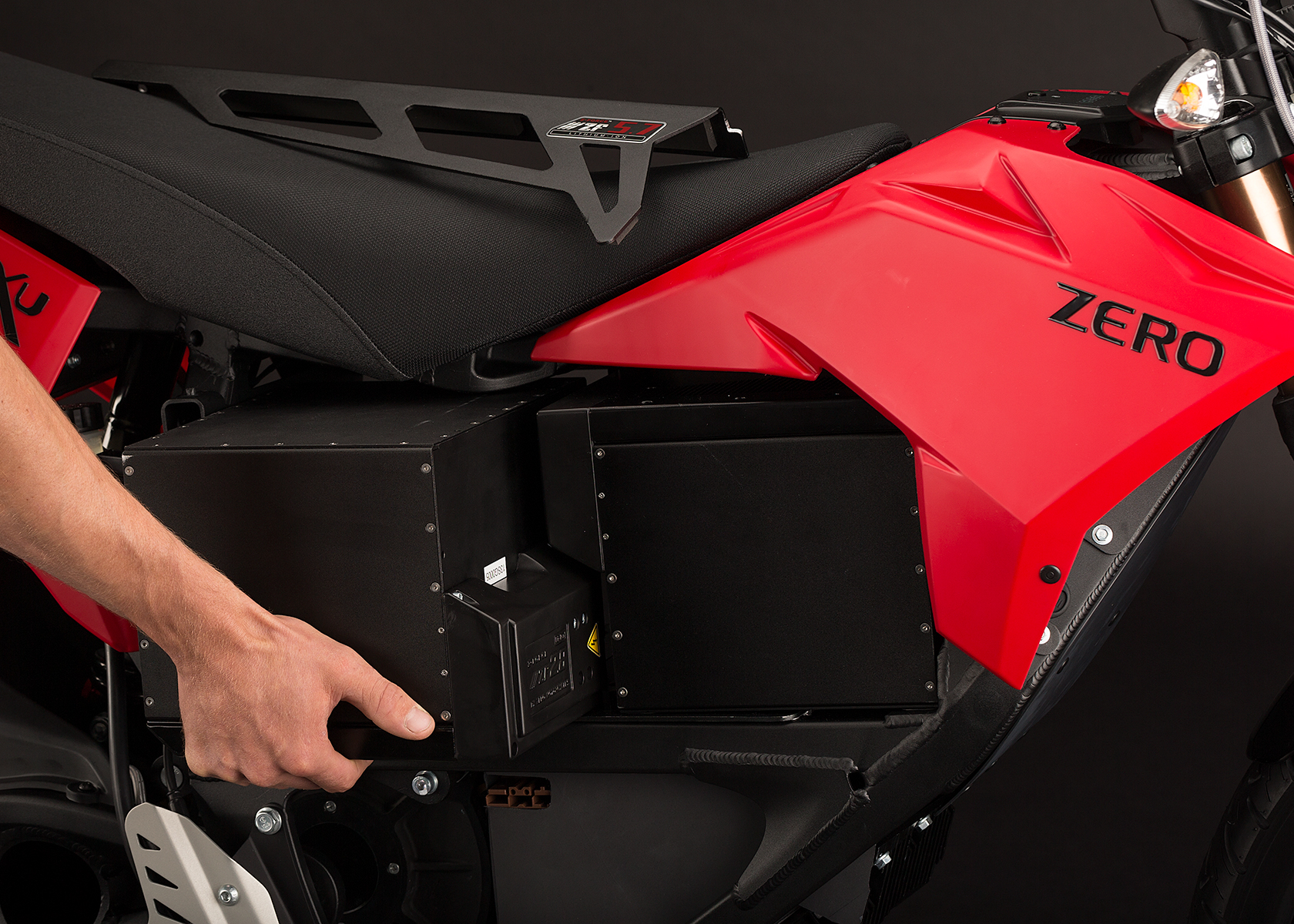
“We agree there needs to be a better understanding that large capacity motorcycles are a different technical challenge which may need different solutions and timeframes.” Triumph expressed disappointment over the 2035 date with Steve Sargent, Triumph’s Chief Product Officer, saying in July this year: “We will be part of the consultation process and will be putting forward our case directly to the Government. Some categories of bike are planned to end by 2030, including learner-friendly 元e-A1 motorcycles, which produce no more than 14.8bhp. A consultation on the proposals ended on Wednesday, September 21.

In February the UK Government proposed ending the sale of petrol motorcycles and scooters by 2035 as part of their Transport Decarbonisation Plan. Members now include Suzuki, Kymco and Kawasaki but a number of key players, including Triumph, are still conspicuous by their absence

Standardisation would cut costs, as charging docking stations would work across multiple manufacturers and make electric bikes a more attractive proposition for riders. Key to it all is getting firms to adopt a common standard for batteries.

The idea is to speed-up deployment of swappable battery systems around the world, so that electric bike riders can simply remove a flat battery and replace it with a fully charged one rather than waiting around while their machine powers up. The Swappable Batteries Motorcycle Consortium founded in September 2021 by KTM, Honda, Piaggio and Yamaha, has revealed that it now has 21 companies taking part.


 0 kommentar(er)
0 kommentar(er)
